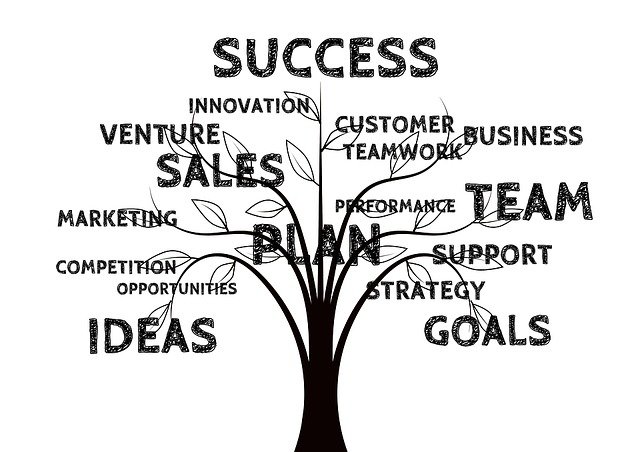Hybrid Working: The Future of Flexibility and the Role of CRM Systems
In today’s manic, crazy paced business world, hybrid working is no longer a buzzword—it’s the new normal. As organizations continue to adapt to the evolving work landscape, the blend of remote and office-based working has become the preferred model for many businesses. Employees may spend 2 days in the office and 3 days working remotely, or another variation that suits their work-life balance. This flexible arrangement allows for increased productivity, better mental well-being, and more control over one’s schedule.
However, with the rise of hybrid work comes new challenges. With teams scattered between different locations and working on different days, staying aligned becomes critical. It’s easy for communication gaps to emerge, workflows to slow down, and key information to slip through the cracks. This is where a CRM system (Customer Relationship Management) becomes a game-changer.
Why a CRM System is Essential in a Hybrid Working Model
In a hybrid work environment, a CRM system acts as the glue that holds teams together, ensuring that everyone stays on the same page, regardless of where or when they are working. Here’s how:
1. Centralized Information
A CRM ensures that all client interactions, notes, and updates are stored in a central, easily accessible system. No more missed emails or forgotten conversations—everything your team needs is documented and accessible at any time, from anywhere.
2. Improved Collaboration
With some employees in the office and others working remotely, real-time collaboration is essential. A CRM enables seamless sharing of information, tasks, and updates, so everyone knows who is working on what. This reduces duplication of efforts and ensures accountability across the team.
3. Consistency Across Days and Teams
A key challenge in hybrid work is maintaining consistency when not all employees are in the office on the same days. A CRM ensures that no matter who is in or out of the office, every team member can access the same data and updates, ensuring continuity and preventing any project from stalling.
4. Enhanced Customer Experience
When your team has immediate access to the latest information about your clients, they can respond faster and more effectively. This not only improves internal operations but also strengthens relationships with customers, as they experience timely and informed communication.
5. Increased Flexibility for Employees
Hybrid working thrives on flexibility, and a CRM system supports this by allowing employees to work from anywhere. Whether they’re in the office, at home, or on the go, they can log in, update records, check on the status of a task, and contribute to projects without needing to be physically present.
Adapting to the Hybrid Era with CRM
As businesses continue to embrace hybrid work, it’s clear that tools like CRM systems are no longer optional—they’re essential for staying competitive. Whether your team is in the office 2 days or 3, the ability to work in sync, collaborate effectively, and maintain strong client relationships from any location is what will drive success.
In this new era of flexibility, a CRM ensures that hybrid work doesn’t mean disconnected teams. Instead, it enables an integrated and efficient workflow, allowing your business to thrive no matter where your employees are working from.
Embrace the future of work—invest in a CRM system that powers hybrid teams!


